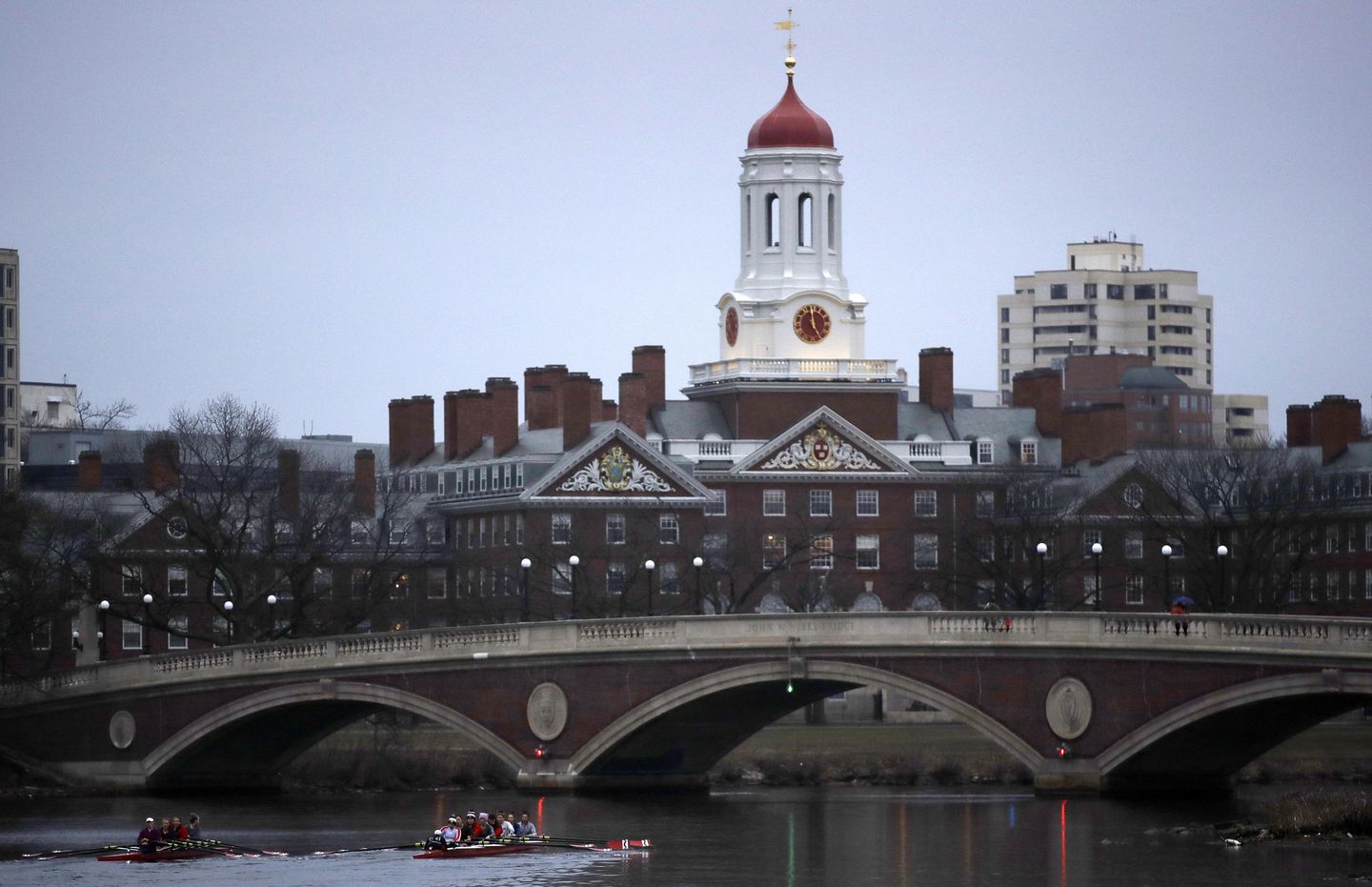
Don’t miss the full story from our staff writers, whose reportage is the basis of this article.
The Trump administration’s One Big Beautiful Bill Act will significantly increase taxes on private university endowments starting next year, raising rates from a flat 1.4% to a progressive system reaching up to 8% for the wealthiest schools. The American Enterprise Institute estimates 20 universities will pay $1.7 billion in 2026, rising to $2.5 billion by 2030, with Harvard, Yale, Princeton, and Stanford bearing the largest burden.
The tax structure is based on endowment dollars per student, with rates of 1.4% for endowments between $500,000-$750,000 per student, 4% for $750,000-$2 million per student, and 8% for amounts exceeding $2 million per student. Schools with fewer than 3,000 full-time students are exempt entirely.
Trump administration officials claim the tax will force elite universities to spend more of their multibillion-dollar endowments on making education affordable. Department of Education spokeswoman Savannah Newhouse argued that increasing endowment taxes is “a long-overdue step toward leveling the playing field” as tuition costs continue rising while endowments remain largely untapped.
However, higher education experts across the political spectrum predict universities will pass costs onto students and donors rather than reduce expenses. Rebecca Richards from the American Council of Trustees and Alumni expects donors and students will “end up fronting the tax bill” through increased tuition and reduced financial aid. Mohammad Elahee from Quinnipiac University anticipates schools will hire consultants to find creative ways to reduce tax burdens, potentially by spending endowment income on capital expenditures rather than reinvesting.
Universities may also avoid higher rates by increasing enrollment, as the tax calculation is per-student based. This could pull students from weaker institutions, potentially harming financially struggling colleges through lost tuition revenue.
Critics argue the tax is designed to punish liberal higher education rather than improve affordability. University of Georgia professor Tim Cain stated the tax “is intended to punish a sector that the administration dislikes” and will increase costs for families. Others note donor restrictions often prevent universities from redirecting endowment spending as desired.
The impact remains uncertain, as most analysts agree the tax affects too few institutions to dramatically change higher education. While Harvard, Yale, Princeton, and MIT will pay the highest 8% rate, some previously taxed wealthy small colleges like Amherst and Williams are now exempt. Financial experts note that even substantial tax payments remain small relative to massive endowment sizes, making significant behavioral changes unlikely.
This article is written with the assistance of generative artificial intelligence based solely on Washington Times original reporting and wire services. For more information, please read our AI policy or contact Ann Wog, Managing Editor for Digital, at awog@washingtontimes.com
The Washington Times AI Ethics Newsroom Committee can be reached at aispotlight@washingtontimes.com.











